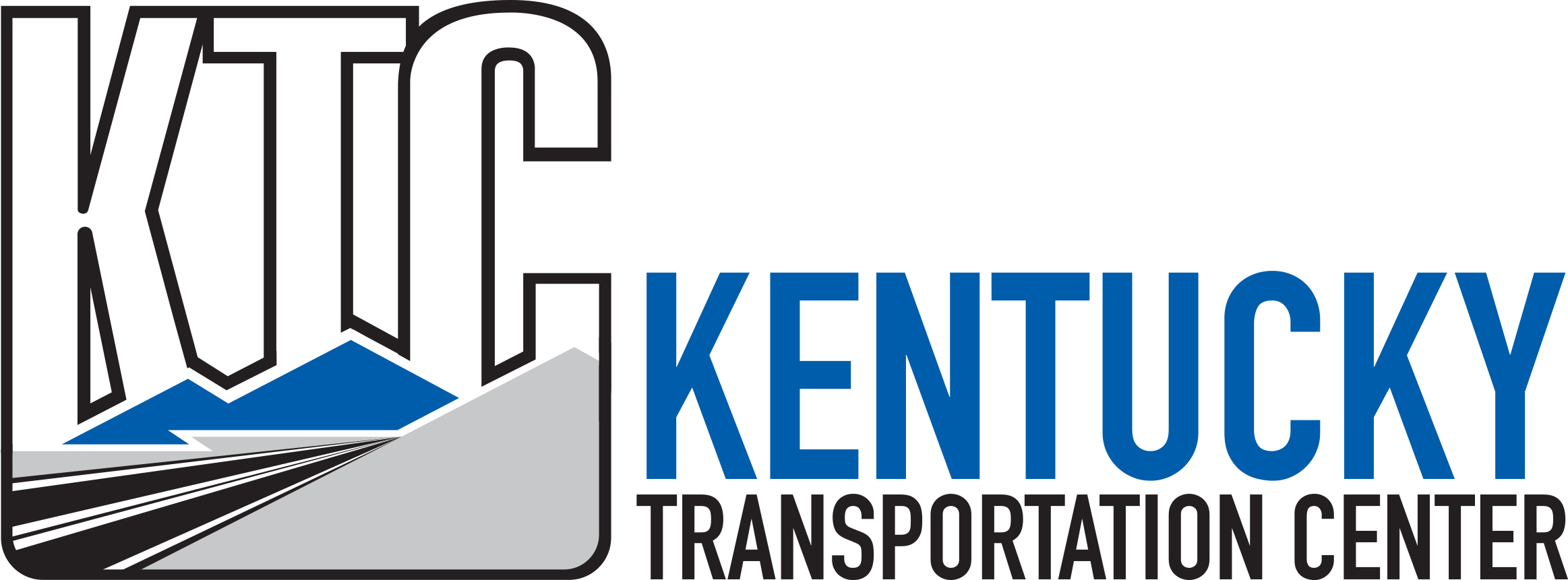Abstract
The objective of this research evaluation was to evaluate the reference markers which were installed on sections of interstates and freeways in the Cincinnati-Northern Kentucky area, the Lexington-Fayette Urban County area, the Louisville-southern Indiana area, and the Indianapolis area. The evaluation was conducted to determine if the use of reference markers at spacings of 0.1 or 0.2-mile intervals could improve the effectiveness of the emergency response and incident management processes. Also evaluated were color of the markers and the placement location within the right-of-way. Both "white on blue" and "white on green" markers were installed various projects, with some installed on the median barrier wall and some on grass medians or shoulders. Included were condition surveys of the marker installations and opinion surveys of those involved in the incident or emergency management process.
Nearly unanimous endorsement of the reference markers was received from interviews and surveys of highway agency personnel and participants in the emergency management process.
Recommendations were made for spacing of the markers at 0.2-mile intervals, with exceptions in curved sections to allow for placement of the markers at 0.1-mile intervals. Based on what appears to slightly increased conspicuity of the "white on blue" marker as compared to the "white on green" marker, it was recommended that a standardized reference marker be developed and incorporated in the Manual on Uniform Traffic Control Devices with white letters on blue background. Because of reduced exposure to mowing operations and errant vehicles, it was recommended that reference markers be placed on median barrier walls where practical. Recommendations were also made for a standard sign size and message content consistent with the reference markers evaluated in the three states.
Report Date
6-2001
Report Number
KTC-01-16/FH-94-3F
Digital Object Identifier
http://dx.doi.org/10.13023/KTC.RR.2001.16
Repository Citation
Pigman, Jerry G., "Evaluation of Reference Markers (Final Report)" (2001). Kentucky Transportation Center Research Report. 170.
https://uknowledge.uky.edu/ktc_researchreports/170



Notes
The contents of this report reflect the views of the authors, who are responsible for the facts and accuracy of the data presented herein. The contents do not necessarily reflect the official views or policies of the University of Kentucky, the Kentucky Transportation Cabinet, nor the Federal Highway Administration. This report does not constitute a standard, specification, or regulation. The inclusion of manufacturer names or trade names is for identification purposes only and is not to be considered an endorsement.